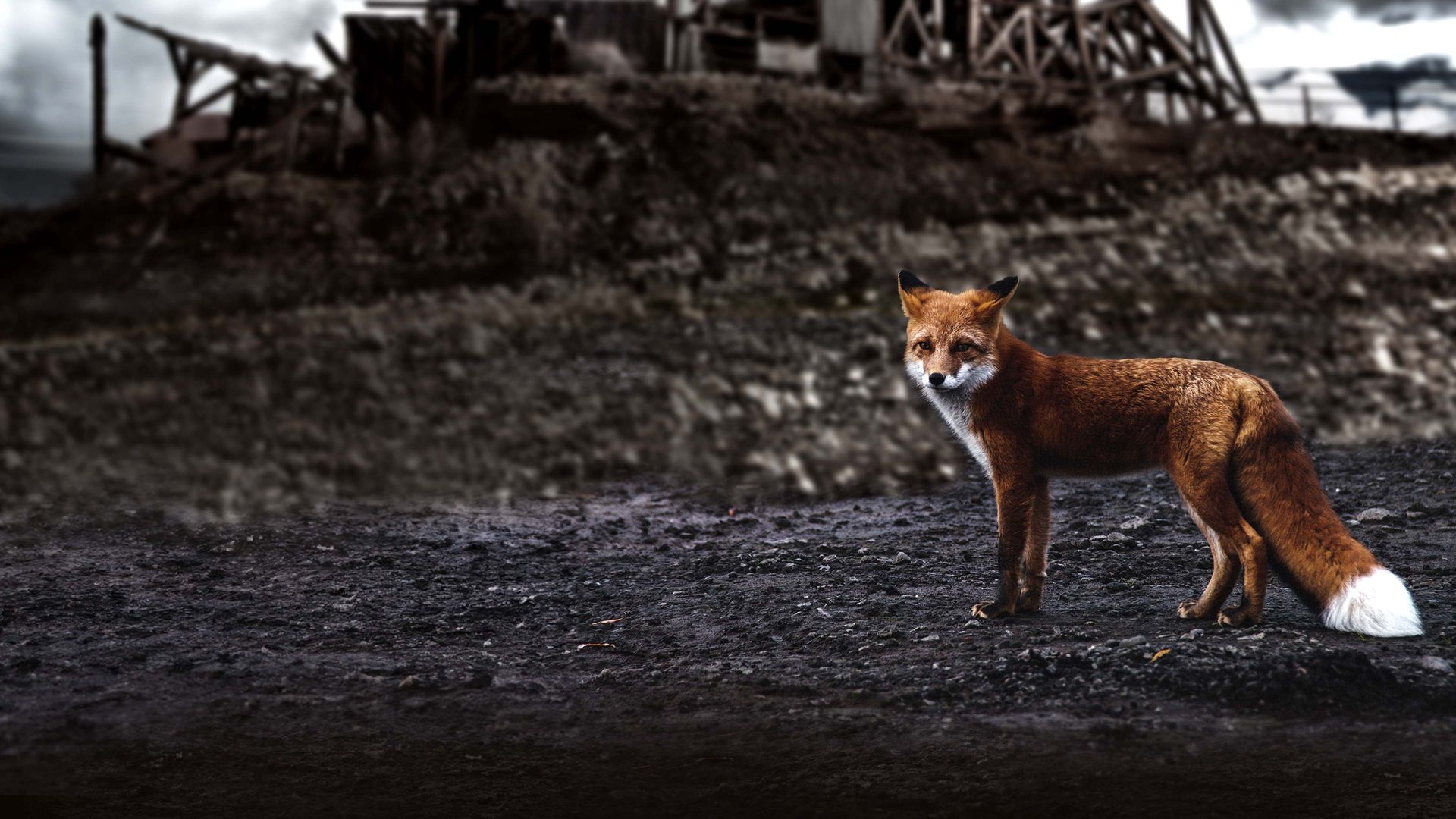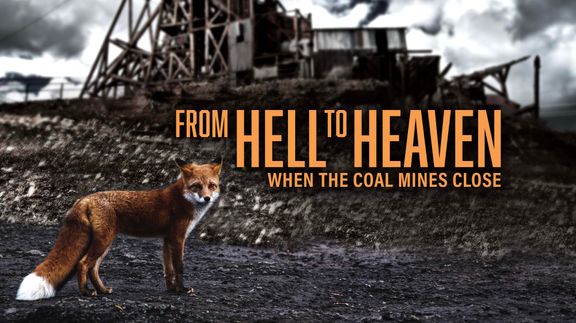

From Hell to Heaven: When the Coal Mines Close
In southeastern Germany lies Lusatia, a land of a thousand lakes with striking contrasts. Its tranquil ponds house rare creatures like European otters and great bitterns, while wooded swamplands witness elk raising their young. A short distance away, a lunar landscape unfolds, a result of decades of brown-coal mining, marked by massive slag heaps and mine lakes. Despite these changes, nature reclaims its territory, with wolves and deer on former military grounds. Vibrant birds like hoopoes and European bee-eaters inhabit re-cultivation areas.
In southeastern Germany lies Lusatia, a land of a thousand lakes with striking contrasts. Its tranquil ponds house rare creatures like European otters and great bitterns, while wooded swamplands witness elk raising their young. A short distance away, a lunar landscape unfolds, a result of decades of brown-coal mining, marked by massive slag heaps and mine lakes. Despite these changes, nature reclaims its territory, with wolves and deer on former military grounds. Vibrant birds like hoopoes and European bee-eaters inhabit re-cultivation areas.
Related Articles
View AllEndangered African Forests Fuel Climate Change
Our planet’s long-term health depends on moderating natural and human-made processes that lead to global warming and habitat destruction. Deforestation in Africa and elsewhere…
Plastic Pollution in the Ocean: What You Can Do About It
Conservationists are alarmed by masses of floating plastic garbage that endanger our oceans, including one they have dubbed the “Great Pacific Garbage Patch.” Finding new…